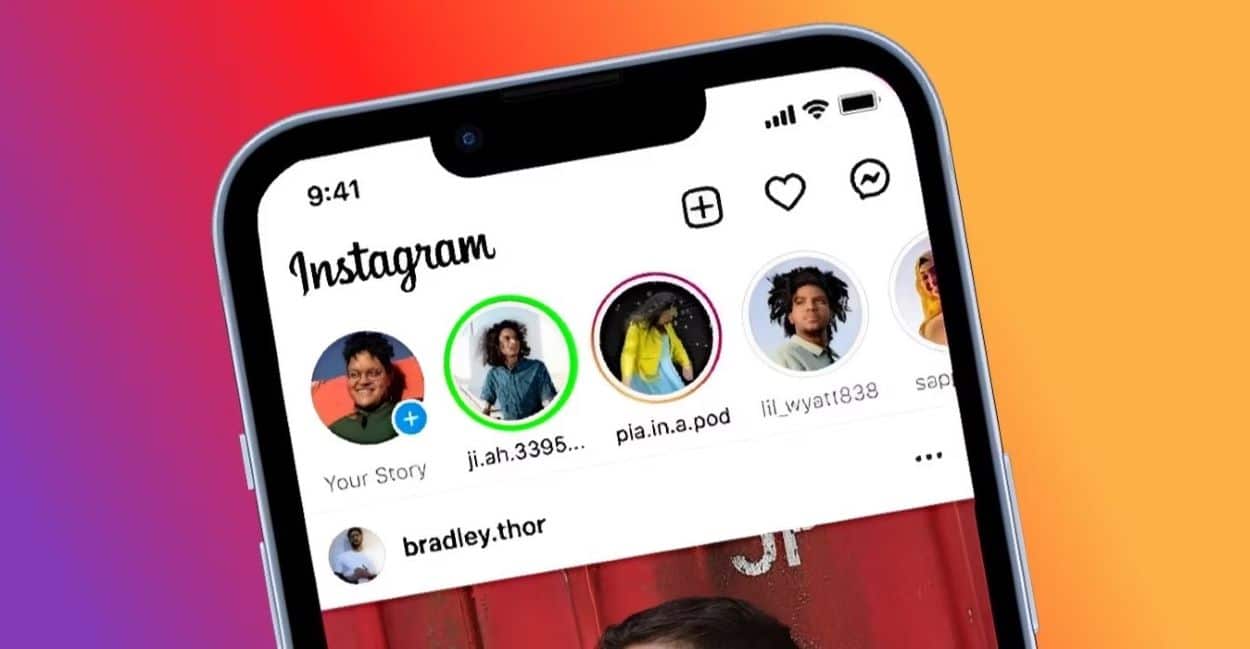Menlo Park, California: Instagram will now restrict what users under 18 can see on the platform by introducing PG-13-style content filters. The new system is part of Meta’s efforts to improve teen safety after widespread criticism.
Inspired by the Motion Picture Association’s rating system, the filters will block posts featuring strong language, risky stunts, drug references, and other mature themes. Meta said the same standards will also apply to its AI-generated content tools.
Under the new rules, all teen accounts will be automatically set to PG-13. Parents can adjust the settings to apply stricter filters or limit screen time through a “limited content” option.
Meta tightens teen safeguards on Instagram with PG-13-style content filters https://t.co/5tmTtpWiTF https://t.co/5tmTtpWiTF
— Reuters (@Reuters) October 15, 2025Instagram will also block teens from interacting with accounts that share age-inappropriate material.
“We hope this update reassures parents,” Meta said in a statement. “We know some teens may try to bypass restrictions, which is why we’re using age prediction technology to ensure protection, even if users claim to be older.”
The move follows lawsuits and criticism from advocacy groups accusing Meta of failing to protect young users. They also accuse Meta of downplaying the psychological harm of social media.
A September report revealed that several of Meta’s past safety tools were ineffective or missing. Reuters also reported in August that Meta’s AI chatbots allowed romantic or suggestive conversations, raising further concerns.
Meta tightens teen safeguards on Instagram with PG-13-style content filters https://t.co/VYfuhyVB8m https://t.co/VYfuhyVB8m
— Reuters (@Reuters) October 14, 2025The new Instagram teen safety filters will first launch in the US, UK, Australia, and Canada. The company aims for a global rollout by year-end. Meta also plans to extend similar protections to Facebook teen accounts.
Read: Instagram Introduces Enhanced Parental Control for Teen Users
The update comes as Meta, TikTok (ByteDance), and YouTube face hundreds of lawsuits. These are filed by parents and school districts over the addictive and harmful nature of social media platforms.






